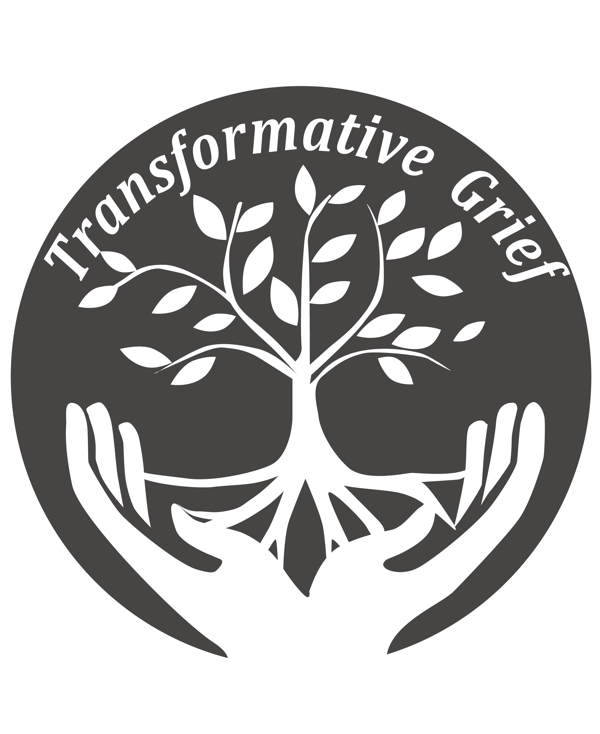I recently watched a TED Talk of Joan Hailfax discussing compassion. Joan is a Zen Buddhist teacher, anthropologist, ecologist, civil rights activist, hospice caregiver and author. She embodies compassion. She begins this TED Talk by quoting the Dalai Lama, “Love and compassion are necessities. They are not luxuries. Without them, humanity cannot survive”. She cites research that proves that compassion enhances our immune system, fosters resiliency. She describes how compassion activates the motor cortex. That we, as human beings, actually aspire to transform suffering. What an amazing awareness that we, all of us, are able to transform suffering through compassion. By being present with an open heart and mind we can not only transform the suffering of others but also our own. Recently, there has been a palpable void of compassion. So much anger and hostility directed at one another, (some close, others strangers). Fear is the enemy to compassion. Joan’s words are so powerful, “We have a society, a world, that is paralyzed by fear. And in that paralysis, of course, our capacity for compassion is also paralyzed”.
Our capacity for compassion is paralyzed by fear. Knowing this, how can we chose to respond differently to our fears and to the fears of others with compassion? Blame, shame, indifference, anger, and judgement are responses that grow fear. Curiosity, compassion, patience, respect, validation of feelings are responses that grow compassion. We can choose to become more mindful, more intentional, with our words and our actions, giving power to compassion over fear. Compassion is responsive, fear is reactive. Let’s resolve to grow compassion by engaging in activities that transform suffering.









